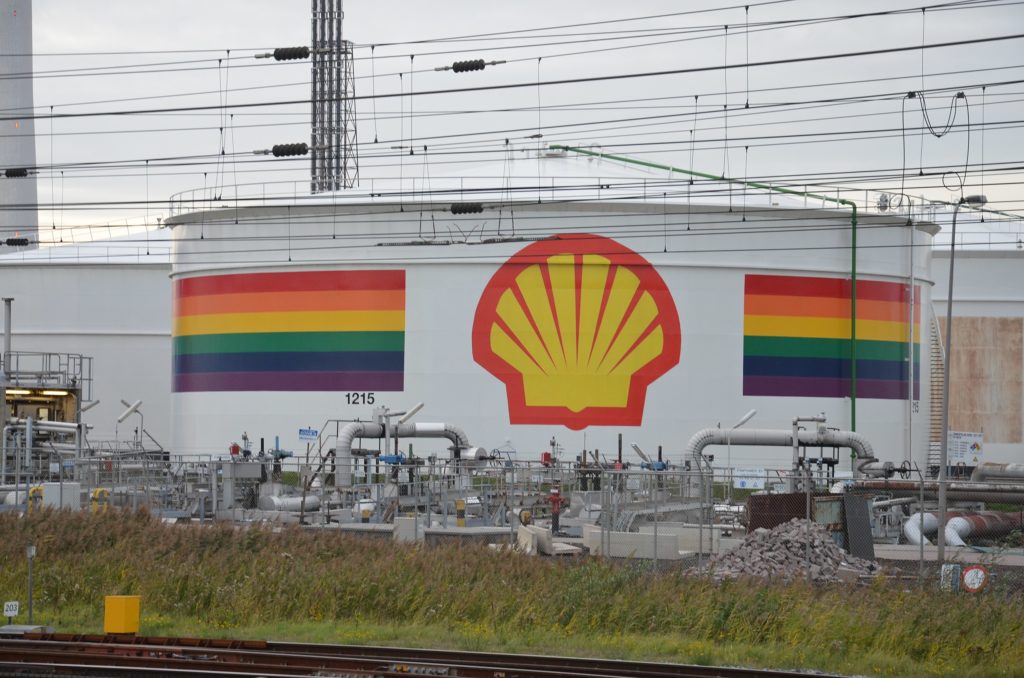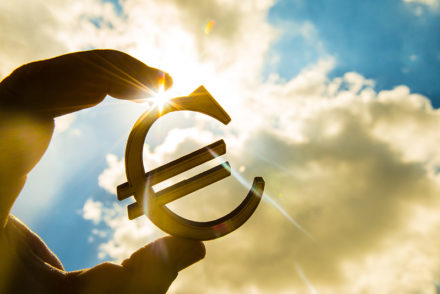Verdict forces Shell to serve society’s interest: ‘This is fantastic!’
Climate activists had a big celebration on Wednesday after oil company Shell lost a court case against Friends of the Earth Netherlands (Milieudefensie). “This verdict finally ensures that the bright minds at Shell start working in the public interest,” says Tilburg professor of environmental economics Reyer Gerlagh. Shell will most likely appeal. Are we cheering too soon?

This is the first time worldwide that a judge has imposed an emissions reduction on a major concern like Shell. The oil company must emit 45 percent less CO2 in 2030 than in 2019. The judge also wants the emissions of suppliers and customers to go down. The verdict is a blow to the fossil industry, which sees its room for maneuver shrink.
“The tragedy of modern society is that many bright minds are hired by companies with lots of money, but those companies don’t always serve the common interests, such as, in this case, climate,” Gerlagh explains. “At Shell, those bright minds are employed to get the fossil fuels out of the ground in the best possible way, which we then burn. Something that is highly undesirable from a societal point of view at the moment.”
As a result of the verdict, Shell must now engage in making policies that focus on delivering energy sustainably, phasing out fossil fuel pumping and burning step by step. “Economists agree: energy transition is complicated, but certainly not impossible. But for that we need to have the brightest minds on the right side. And that’s why I say: this is fantastic!” concludes the professor.
“Such companies are not likely to go green on their own“
At the same time, Gerlagh says, this is also the result of a government that has failed to serve the societal interests of the Dutch. “The government is the body that should represent us. They are supposed to serve our interests. But in practice they serve the interests of all players in society, including the interests of the energy industry. That branch has a great deal of influence in the Netherlands and ensures that policy deviates from the ideal. That is why we need the courts to enforce emission reductions, in this case, on the basis of human rights.”
When asked whether the verdict will cause big oil companies to pay more attention to the climate problem from now on, Gerlagh replies pessimistically. “No, companies will not do that of their own accord. The policies of such groups are made by leaders who learned how to maximize profits twenty years ago. Innovation is thus seen as being difficult and expensive.”
“The fact that most car brands today all have an electric car in their range is, in short, due to the arrival of Tesla and policies from the European Union. The car companies had to react, but did not take the initiative themselves. Most likely, corporate leaders will try to use their past knowledge as long as possible, until they retire. For real change, we need firm policy, or the courts.”







